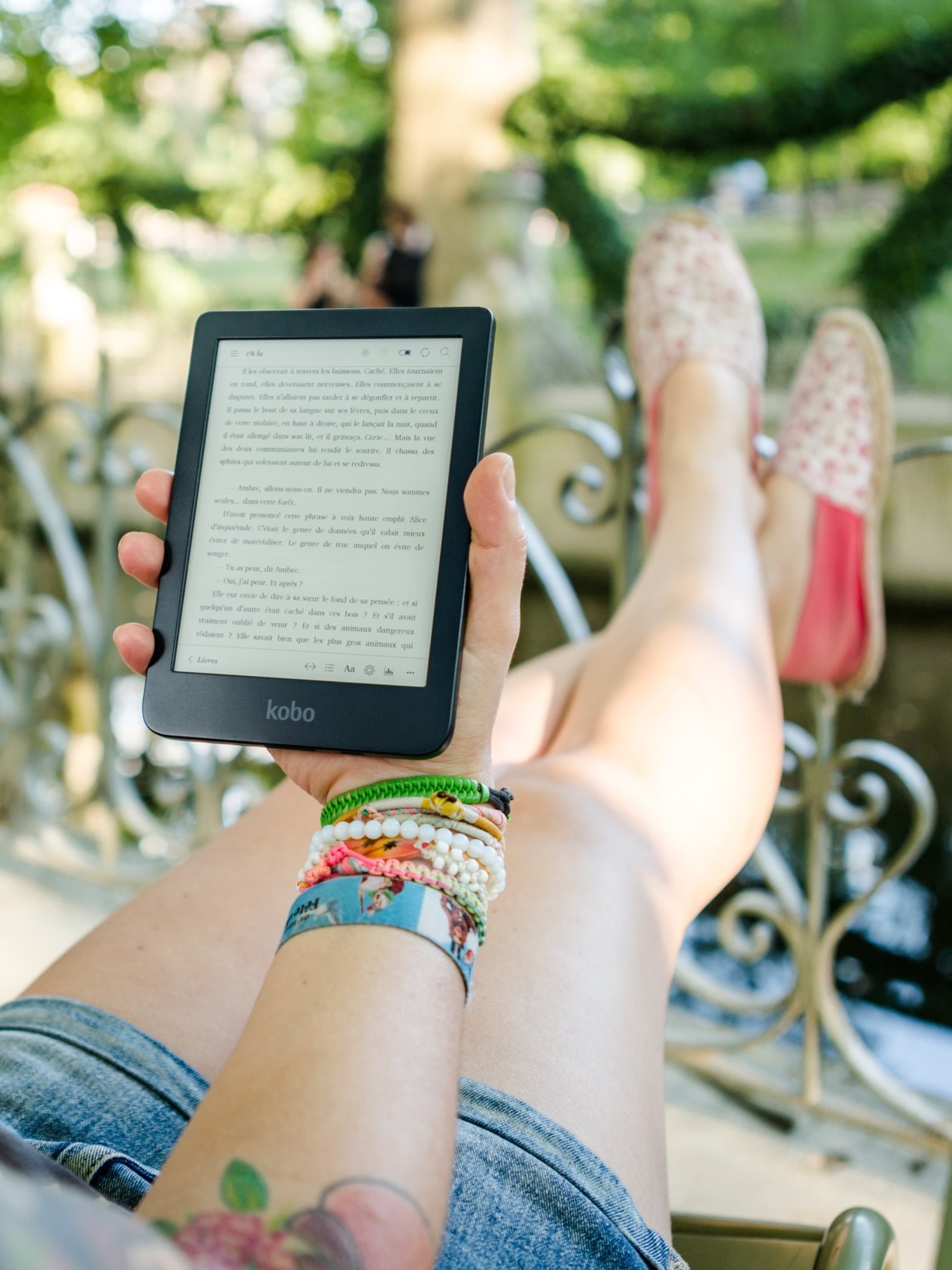Elizabeth Gilbert withdrew her latest book (The Snow Forest) in answer to public backlash to publishing a novel set in Russia while Russia is still actively invading Ukraine.
But, just like the Gen Z kids lecturing Pat Loller to a point where their inane arguments were re-triggering his war trauma without any real understanding of the topic itself, it seems like Gilbert’s detractors weren’t the ones actually affected by the war in Ukraine.
Note to self: Gilbert is the author of Eat, Pray, Love – a trip which was pitched to and paid for by her publisher btw (did she mention that in the book? 👀).
In her announcement Gilbert says as little as possible, just short of an apology, passing on an easy opportunity to defend her right to free expression and anyone’s right to read or not read whatever they want – both of which are currently and repeatedly threatened in Russia, Ukraine and the United States.
She was supposed to be a heartfelt writer.
But she’s adopted that same neutered rhetoric used in brand management and PR.
After WW2 there were more readers in the US than ever before because the G.I. Bill sent thousands of young Americans (men and women) to college, where they were exposed to a greater variety and quality of literature.
Small, cheap, pocket-sized books were produced en masse and sold everywhere, not just in book stores. This is where we get our supermarket checkout book rack.
This, understandably, revolutionised reading in America.
It also closed the gully between high-brow and low-brow fiction by putting them on the same shelf.
The Big Give used to operate a number of semi-independent imprints that made a dynamic ecosystem in publishing.
But the more publishing has become governed by multinational holding companies, treating all of the brands and companies in their portfolios with the same ruthless efficiency, the more creativity and diversity are under threat.
Creativity should never be governed by investment companies.
The narrative that Amazon is an existential threat to the Big Five obscures the complementary relationship they have.
By some estimates, Amazon accounts for as much as 50% of book sales and 80% of distribution from the Big Five in the U.S.
(The thing to remember with Amazon is: the house always wins.)
When the German company that owns Penguin Random House launched a bid to acquire rival Simon & Schuster they were attempting to monopolise the market in order to protect the market from monopolisation by Amazon.
It was the U.S. Department of Justice that took PRH to court, though the critic Christian Lorentzen notes this was primarily to defend the competitive advantage of just the top 2% of advance earners, since “that’s where the money is”.
Stanford literary scholar Mark McGurl (Everything and Less) introduces introduces new theoretical concepts that form a kind of connective tissue between readers, writers and the institutional pressures to which they respond.
His notion of “fiction as a service” showcases a business model where writers have increasingly adopted to meet consumer demand for instant gratification through therapeutic literary experiences.
Perhaps, also, American consumers have lost their appetite for reading because they fear giving over their time and energy to an activity they do not feel is productive, and one that may come with problematic side effects if the story is set in the wrong country at the wrong time in history, which threatens our untenable desire for ethical consumption.
— Kenneth Dillon, “The Emptiness Of Literature Written For The Market”
This all just puts me in mind of YouTube channels from rescue organisations to Last Week Tonight With John Oliver, which all serve as liberal entertainment, allowing liberals to sit in our privileged bubbles and enjoy the world outside as entertainment.
Essentially deriving entertainment from the misery of others, even if it is in circumspect ways.
I mean, we saw how liberals in our bubbles were blinded to the realities.
“Brexit will never happen.”
“Trump will never be president.”
But the other side is willing to stoop low and use unethical tactics to reach their goals, while we’re committed to “doing better”.
I don’t know how to reconcile this within myself.
On the other hand, because these channels exist, it also creates a lot of good in the world so it’s not like I can just dismiss it off-hand.
Rarely are things so black and white, hey?
Anyway, I think my point was that the more authors start to look and sound and behave like brands in PR situations, the more bland they become.
That whole thing with context collapse where they’re so bland they won’t offend anyone but they’re also not interesting at all.
The more I learn about publishing as an industry, the more I’m convinced that the only path to success is to just be unapologetically you and to write what you want to write.
Chasing the money is just a race to the bottom and someone else with more money and manpower will always win over the lone author.



